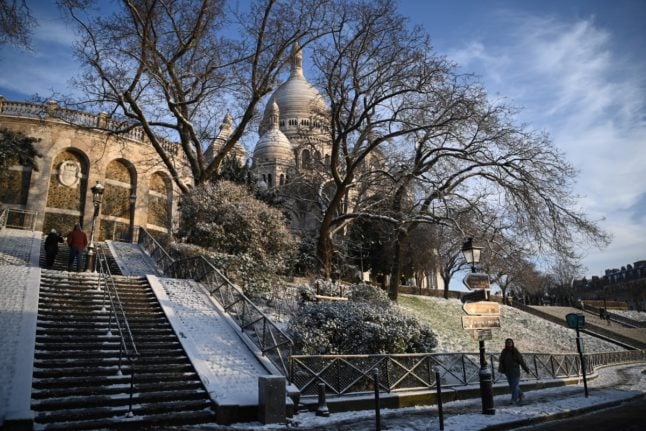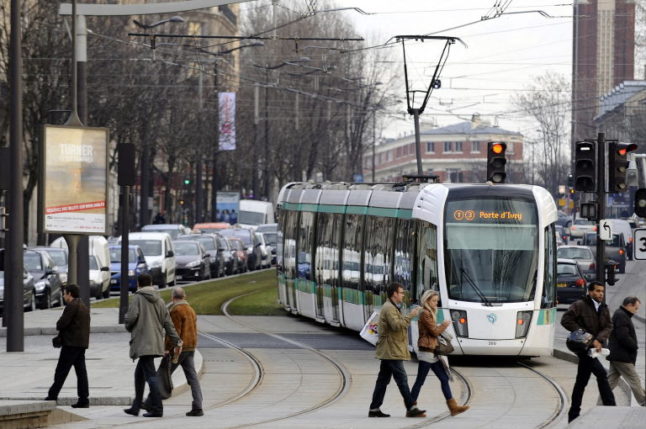The “Montmartre Patrimoine Mondial” association has given itself until September to submit an application to the French Ministry of Culture – the first step of gaining recognition as a Unesco World Heritage Site.
The arrondissement’s Mayor’s office told Le Parisien the bid would have its “moral and financial support” for the bid, which aims to make the most of the area’s history, colourful nightlife and timeless charms.
To be listed as Unesco World Heritage site, one of the criteria is to show cultural interest. Montmartre’s application relies – among others – on the Villa Radet, the artistic heritage, the maquis, plants, and the Montmartre wine. Selection criteria have been discussed with connoisseurs and lovers of the Butte such as the Société du Vieux Montmartre.
The first stage of bid would be to get Montmartre included on a national heritage list. Then, it would have to wait to be proposed by France to Unesco – a process that could take many years, as countries can only propose one candidate for inclusion on the list in any given year.
Montmartre is a relatively recent addition to the city – it was annexed into Paris in January 1860, along with other communities (faubourgs) surrounding the capital, and became part of the 18th arrondissement.
In the 19th-century it was a mecca for artists, in part because its status outside the city made it cheaper and exempt from certain city bylaws.
These days, millions of tourists tramp up its slopes every year, usually to admire the white-stone Sacre Coeur basilica, the panoramic views of Paris, or to visit the most famous of the French capital’s vineyards.
And critics have said that the Place du Tertre, a hugely popular village-like square at the top, is threatening to become some sort of “Disneyland”.
Once favoured by penniless artists for its cheap lodgings, Montmartre has seen property prices sky-rocket, with homes snapped up by the rich and famous.
Montmartre won further acclaim when its picturesque streets hit the big screen in 1991 with the release of Amelie, a light-hearted romantic comedy which painted a rosy, idealised version of the neighbourhood.
The possible effects of World Heritage status on already high tourist numbers has been raised numerous times in neighbourhood council meetings, but the association behind the bid believes Unesco listing would only enhance and protect the historic artists’ quarter of Paris.
“We’re applying for World Heritage status, not TripAdvisor,” mayor Éric Lejoindre told Le Parisien. He said that inclusion on the UN list would be “an additional tool to limit Airbnb”.



 Please whitelist us to continue reading.
Please whitelist us to continue reading.
Member comments